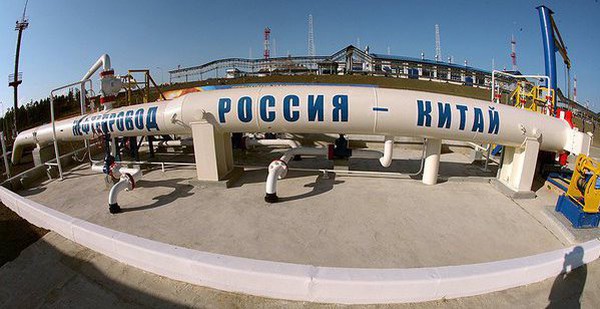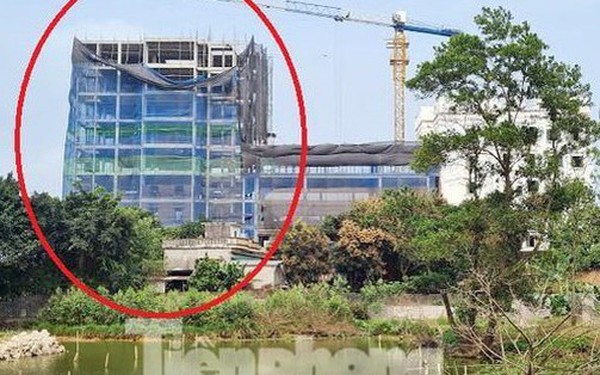Is this the right time?
As reported by BizLIVE, recently, the Ministry of Finance has sent written requests to ministries, branches and regions to provide their opinions on the contents of the amendments to the Agricultural Land Use Tax Act and the Non-Agricultural Land Use Tax Act before 15 April.
In particular, in an outline of the collection policy summary with real estate as the basis for amending the Agricultural Land Use Tax Act and the Non-Agricultural Land Use Tax Act, the Ministry of Finance proposes that ministries, branches and localities evaluate the current collection policies related to real estate.
Contents of a specific assessment in each problem group, clearly stating the current regulations of each policy, assessment of the implementation situation, problems that arise and causes (if any).
At the same time, it is proposed to amend certain content in the Agricultural Land Use Tax Act and the Non-Agricultural Land Use Tax Act as well as add new content that needs to be regulated in the law, including the proposed content which includes two laws. , either additional taxes on homes, research and development of the Property or Real Estate Tax Act (if any) …
Regarding this issue, sharing with BizLIVE, Prof. Dang Hung Vo, former Deputy Minister of Natural Resources and Environment, said that the Law on non-agricultural land use tax was passed by the National Assembly and took effect in 2010. Since then, Vietnam is still collecting real estate taxes with this law. At the same time, the collection is directly to villages and hamlets in rural areas and settlements in urban areas. Manual collection and the results are not much.
Therefore, while the Ministry of Finance is currently consulting on real estate tax collection policies, including home and property taxation, it is necessary to ensure that this is the right time to file property taxes. Real estate-related tax revenues in Vietnam are still too low.
For example, Prof. Dang Hung Vo said that currently the total non-agricultural tax revenue that has not been subject to housing tax is only 0.034% of GDP; while Indonesia reached 0.42%, Thailand reached 0.25% and the Philippines reached 0.84% (the average group of countries in ASEAN). Looking around the world, the real estate taxes of the G7 group all account for 1-4% of GDP.
According to GS. Dang Hung Vo, currently the total income from residential land is good, but mainly from land use costs – when the State allocates residential land and land rents – when the State leases land for production and business. According to the Ministry of Finance, of the total land revenue, 85 percent comes from land allocation and land leases.
However, it is said to allocate and lease land, but in fact restore agricultural land to allocate or lease non-agricultural land; can be visualized as an administrative decision that allows a change in the purpose of land use, which can generate a lot of money without being tied to any production or business activity.
Such collection is not sustainable, especially since we are at the stage of complete industrialization and urbanization. The focus on revenue from land use fees and land leases creates land speculation, bubbles, virtual prices, and inflation. On the other hand, it is also a cause of social instability, which is related to state mechanisms to restore land without worrying about new livelihoods for farmers.
Therefore, it is necessary to tax real estate with the aim of creating a stable and long-term source of income, instead of collecting mainly from land allocations and land rents. However, this is a very complex tax that needs to be studied carefully. If the law is unreasonable, it will not achieve the above objectives, solve market problems, or even prevent land speculation.
In addition, another thing that needs to be pondered at this time regarding the tax administration system is that the transition from a manual collection system to a correct, adequate, and reasonable collection system in the 4.0 era is a big problem. The real estate management system must be open, transparent and detect all cases on behalf of the property.
This is not only a big problem in collecting property taxes, but also to detect cases where Vietnamese people act on behalf of foreigners, related to national security, which has been the focus of many discussions on the Internet, public opinion before. Therefore, the Civil Code must also be revised to accept the mechanism for explaining the origin of assets and the accompanying sanctions.
“Reformation of the real estate tax is urgently needed, but it also needs to be comprehensively prepared in order to have high efficiency and avoid unsatisfactory speed,” said Prof Dang Hung Vo.
at Blogtuan.info – Source: cafebiz.vn – Read the original article here



